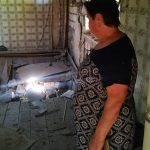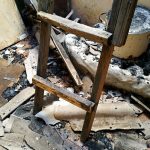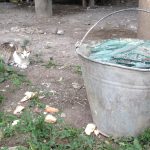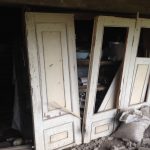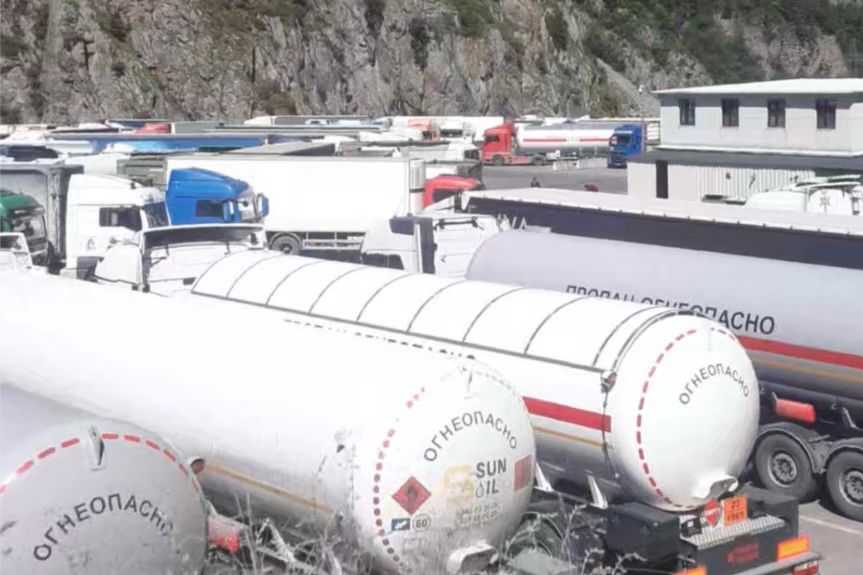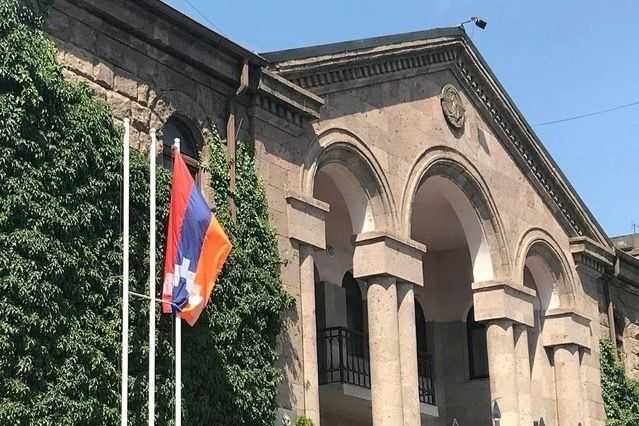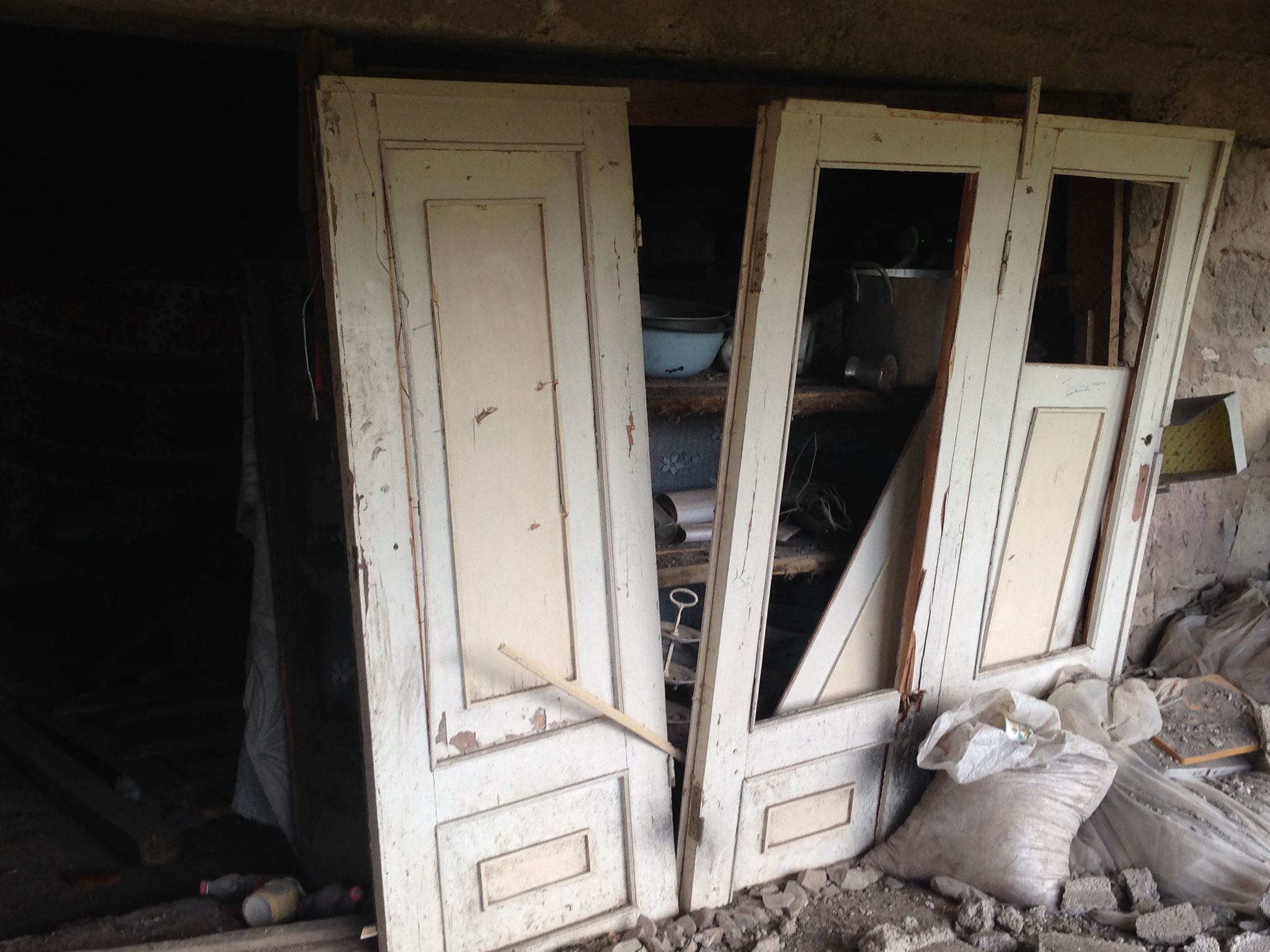
On 12 July 2020, fighting broke out on the northern section of the Armenian-Azerbaijani border, lasting for several days. As soldiers on the frontline exchanged fire, artillery shells fell on the villages of Armenia’s Tavush Province and Azerbaijan’s Tovuz District.
OC Media travelled to the border regions of both countries to speak with the civilians who found themselves in the line fighting and to share their stories.
Below is our report from the Armenian side of the border.
You can find our report from the Azerbaijani side of the border here: The July escalation: Azerbaijani civilians in the line of fire]
‘I wasn’t at home, otherwise, I would have died on the spot’, Lida Ghazaryan, a 76-year-old resident of Aygepar, a village in Armenia’s Tavush Province, told OC Media.
Ghazaryan’s house was among the first to be hit when fighting erupted between Armenian and Azerbaijani armed forces within several kilometres of her home on 14 July.
The house was hit by several shells, partially destroying it and setting it alight. She said she considers her survival ‘miraculous’.
Aygepar, with a population of about 700, borders Azerbaijan. In times when relations between Armenia and Azerbaijan turn for the worse, residents report often hearing the sounds of gunfire. This time, the sound of gunfire was accompanied by artillery shells which severely damaged 10 houses in the village.
Aygepar is only one of the border villages in Tavush that was affected by the fighting, the villages of Nerkin Karmiraghbyur, Chinari, Movses, and Tavush were also hit by artillery fire, as well as the town of Berd.
Nerkin Karmiraghbyur
‘We heard the first loud shot on 13 July’, 20-year-old Lia Avagyan, a resident of Nerkin Karmiraghbyur told OC Media. ‘It was the first time I felt the direct hit of a tank shell near our house.’
As the fighting between the Armenian and Azerbaijani armed forces continued to rage, Avagyan hid in a nearby bomb shelter. ‘Whenever it was peaceful, we would go home in the morning and return in the evening’, she said. ‘My relatives living in Yerevan call and suggest that we leave the village, but no one will go, no one will leave their home’.
Avagyan says that the gunfire and shelling was most intensive in the first three days, and that is when the village sustained the heaviest damage. According to her, nearly half of the houses in the village suffered some amount of damage. From minor damage caused by small debris to total devastation caused by artillery bombardment.
Tavush
When the first shell exploded near her home, 70-year-old Hratsin Grigoryan, who has hearing difficulties, heard it but did not realise the sound for what it was.
‘But when the second and the third one exploded’, she said, ‘I went and woke my grandson Mher and we ran down the road. I didn’t know where — it was survival instinct.’
As Grigoryan and her grandson were running, they were noticed by a neighbour who stopped them and took them into their bomb shelter where they hid until the fighting began to die down.
She says that although she had always listened for gunshots before, now she is more attentive to the sound of artillery.
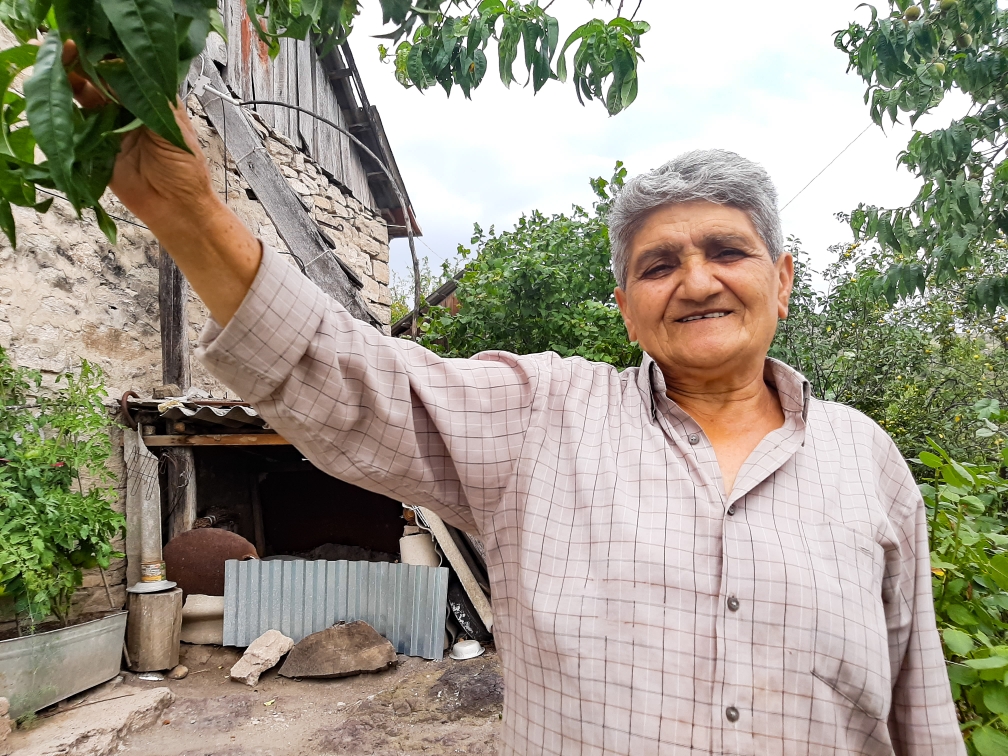
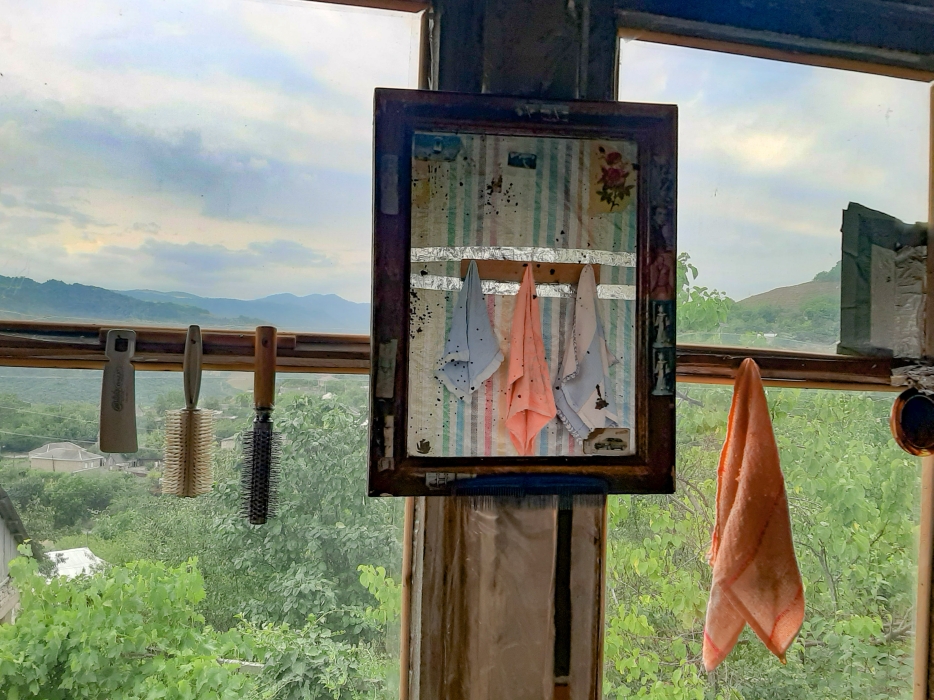
‘Now one thing has been added to my daily life — the projectile. I do the same things again: I cook my meals, clean my house, cultivate my garden, but I’m more alert and attentive to the sound of an incoming shell.’
‘After feeding the animals I came home to rest for a while, and suddenly I heard the loud sound of a shell exploding. I had heard that unbearable sound almost 30 years ago. Our house was one of the safest during the old wars. Nothing reached our house — except this time it did’, 59-year-old Tavush resident Andranik Gyurjinyan told OC Media.
‘Life has been revalued’
Until this most recent escalation, 19-year-old Anna Khachatryan had never heard the sound of shelling before.
‘We heard all the sounds from our house. We also knew the direction of each shot and shell. We were saying that this was on Chinari, this was on Aygepar, this was on Movses… And suddenly, brushing cherry branches of our garden and letting out a terrible sound, the shell passed over us and exploded near the village cemetery. It was the first to be shot into our village’, she told OC Media.
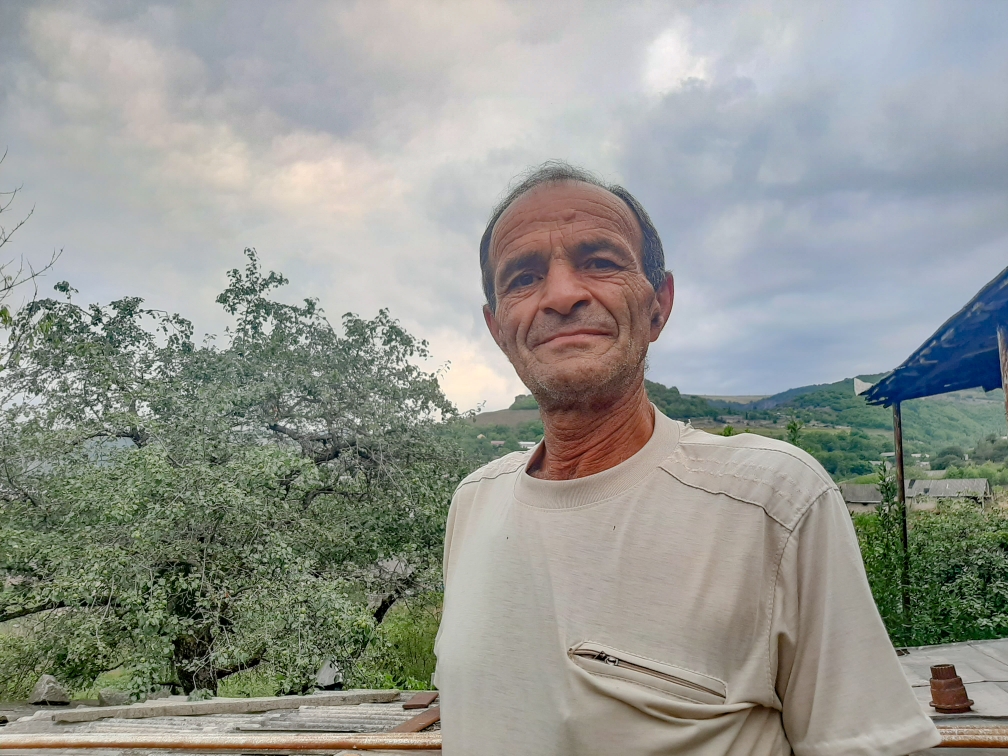
One shell exploded ‘a few meters’ away from Khachatryan, temporarily deafening her. Now that the fighting has ended, she still has fits of worry and her hands start to tremble.
But the trauma has also brought the villagers closer together, Khachatryan said. She jokingly points out that there were neighbours, who did not talk to each other for years, or who constantly quarrelled, who now shake hands, and hug, and eat together.
‘Life has been reevaluated’, Anna concluded.
As a result of the escalation, 50 buildings were destroyed in Tavush province, 12 of are already being repaired and restored. The houses that were damaged beyond repair will be demolished and rebuilt. The government of Armenia has promised to foot the bill for all expenses.
